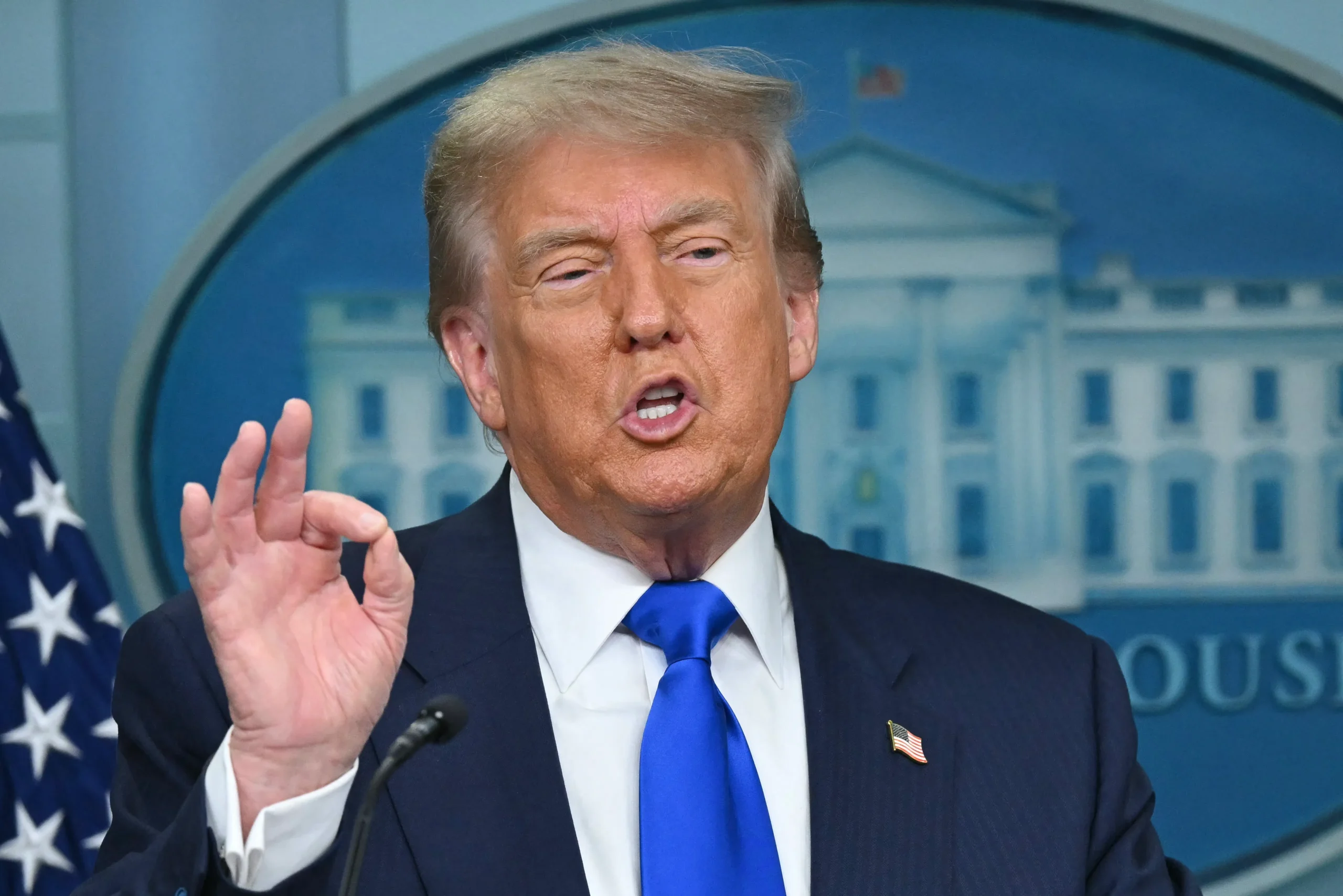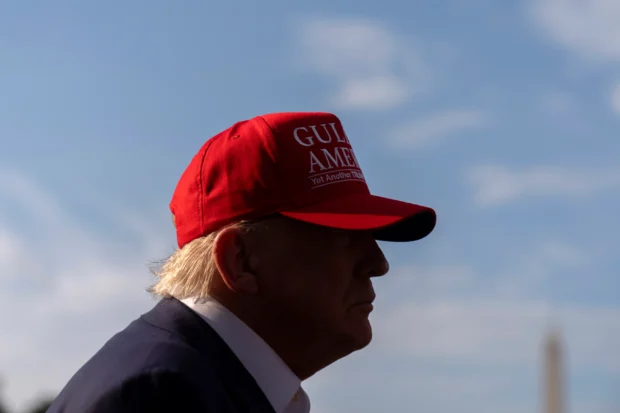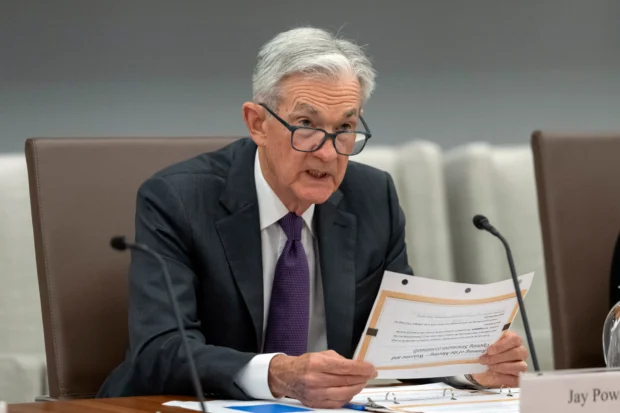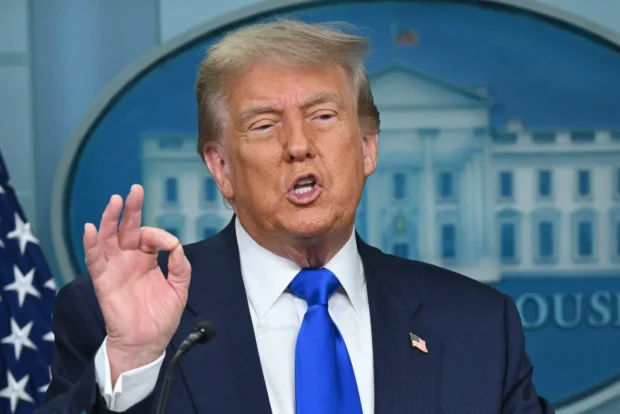
President Donald Trump announced a trade agreement with Vietnam that will impose a 20 percent tariff on Vietnamese exports, significantly lower than the previously threatened 46 percent levy.
The deal, announced Wednesday on Truth Social, establishes a 20 percent tariff on Vietnamese goods and a 40 percent levy on transshipments from third countries through Vietnam. In exchange, Vietnam will accept US products with zero percent tariffs.
“It is my Great Honor to announce that I have just made a Trade Deal with the Socialist Republic of Vietnam,” Trump said after speaking with Vietnam’s leader To Lam.
This announcement comes days before Trump’s July 9 deadline to resolve negotiations before implementing higher tariffs on most imports. Under his April plan, US importers of Vietnamese goods would have faced a 46 percent tariff.
The Vietnamese government confirmed the countries agreed on a joint statement about a trade framework but did not verify the specific tariff levels Trump mentioned. Vietnam committed to “providing preferential market access for US goods, including large-engine cars,” according to Hanoi’s statement.
The agreement provides Trump with a political victory as his administration has struggled to secure deals with major trading partners before the deadline. While deals with India have been suggested, agreements with the United Kingdom and China were limited in scope, and talks with Japan appeared stalled.
“Vietnam has been very keen to get out from under this,” said Mary Lovely, senior fellow at the Peterson Institute for International Economics. “This is forcing a smaller country to eat it, basically. We can do that. It’s the big countries that everybody’s keeping their eyes on.”
Lovely expressed doubt that Trump could impose similar lopsided agreements on larger trading partners like the European Union and Japan.
The US represents Vietnam’s largest export market, and strengthening economic, diplomatic and military ties serve as a hedge against China for both countries. Vietnam has maintained close relations with both superpowers.
Major US apparel and sportswear companies, including Nike, Under Armour and VF Corp, saw their shares rise following the announcement.
Lam also requested US recognition of Vietnam as a market economy and removal of high-tech export restrictions, long-sought changes that Washington has previously rejected.
US-Vietnam trade has surged since Trump imposed tariffs on Chinese goods during his 2017-2021 term. Vietnam’s exports increased nearly threefold from less than $50 billion in 2018 to approximately $137 billion in 2024, according to Census Bureau data. US exports to Vietnam rose only about 30 percent during the same period, reaching just over $13 billion last year from less than $10 billion in 2018.
Washington has complained that Chinese goods have been circumventing higher US tariffs by transiting through Vietnam.
William Reinsch, a former US trade official with the Center for Strategic and International Studies, noted that the transshipment crackdown’s significance depends on “how the term is defined and enforced. Some transshipment is outright fraud – simply changing the label; some is a legitimate substantial transformation in Vietnam into a new product; and there is a lot in between. Enforcement is always complicated.”
Implementation details for the transshipment provision targeting products largely made in China and finished in Vietnam remain unclear.
Trump announced widespread tariffs on April 2 before pausing implementation until July 9. More than a dozen countries are actively negotiating with the Trump administration to avoid steep tariff increases.
The UK previously accepted a 10 percent US tariff on many goods, including automobiles, in exchange for special access for aircraft engines and British beef.
Like the UK agreement in May, the Vietnam deal resembles more of a framework than a finalized trade pact. China and the US also reached a truce in their tariff battle, with Beijing restoring American access to some rare earth minerals, though most disagreements were left for future negotiations.












Be the first to leave a comment